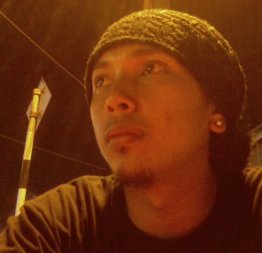
17 JUN - 4 JUL 2009
Valentine Willie Fine Art is pleased to present Cartographical Lure, an exhibition that explores artistic mapping as a subjective visual representation of our lived environment. The initial idea was premised on interest of getting artists to produce their own cartographical interpretation of the region, using the map as a diving board to explore our shared regional history, culture and memory.
This project was later expanded to include more varied responses, away from the exacting empiricism or grand geographical narratives normally associated with maps, to highlight the emotive and imaginary aspects of the cartographical science.
Instead artists are asked to create personal responses to a particular locale, working with different materials - computer generated images, traditional hand-drawn or even other forms of craftsmanship - resulting in a complex body of work that ranges from the biographical to the conceptual, from maps of interventional nature to maps on land use interpretation.
Cartographical Lure is the first in a series of exhibition by VWFA to acknowledge the increasing number of contemporary artists who are using various mediums to explore our cultural geography.
Participating Artists:
Chong Kim Chiew
Tiffany Chung
Gan Siong King
Bea Camacho
Mark Salvatus
Jason Wee
Krisna Murti
Jenifer Wofford
Nadiah Bamadhaj




0 comments:
Post a Comment